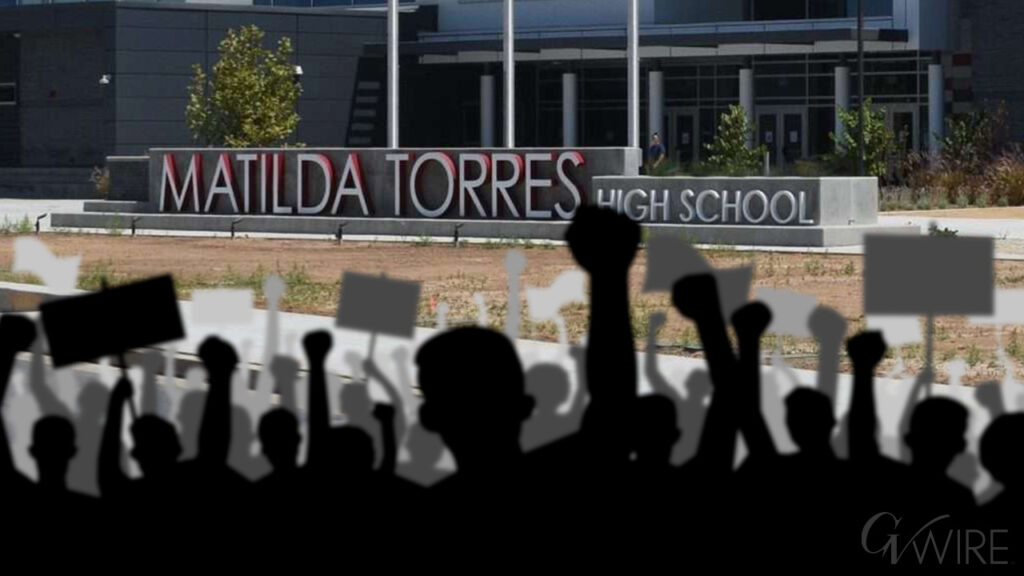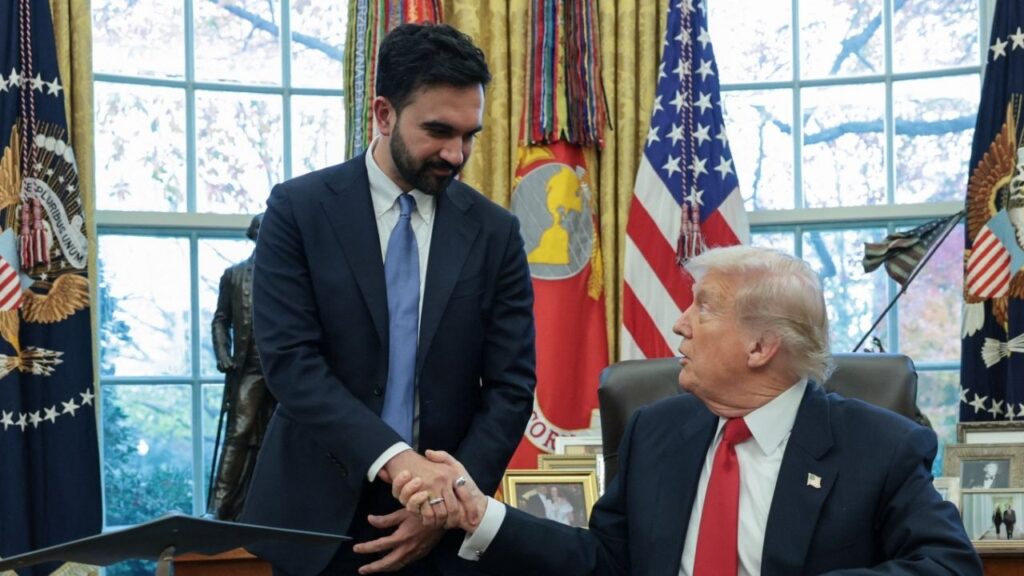Elon Musk's controversial management style at Twitter sparks debate as he takes on a role in the federal government. (AP File)

- Musk's Twitter takeover tactics raise concerns as he brings similar strategies to federal government
- Former Twitter employees warn of chaos, ideological cuts, and legal battles in Musk's government approach
- Experts question the effectiveness of applying corporate cost-cutting measures to government agencies
Share
When Elon Musk bought Twitter in 2022, he laid off thousands of employees, stopped paying rent and auctioned off coffee makers and office chairs in hopes of a big turnaround.
Now the world’s richest man has brought the same slash-and-burn strategy to the federal government, and some people who experienced Musk’s takeover at Twitter have a warning: Expect chaos, cuts driven by ideology as much as by cost concerns, intimidation and plenty of lawsuits.
Since assuming leadership of the Department of Government Efficiency, Musk has consolidated control over large swaths of the government with President Donald Trump’s blessing, sidelined career officials, gained access to sensitive databases and invited a constitutional clash over the limits of presidential authority.
Emily Horne, who was head of Twitter’s policy communications before joining the Biden administration, describes Musk’s modus operandi as: “Take it over, ruthlessly purge anyone who he sees as opposition and crash operations to remake it in his worldview.”
Twitter’s Financial Struggles Under Musk
It’s unclear whether his push for “extremely hardcore” changes at Twitter has paid off. Revenue at the company now called X has plunged, the number of users has dwindled and even Musk himself has expressed frustration at how long it is taking to turn around the company’s finances.
“It isn’t working,” said Ross Gerber, a minority stockholder at X who has written down his stake to zero and expects Musk to fail in Washington, too. “The federal government is going to eat him up and spit him out.”
By some measures, X is still a success. The platform continues to attract hundreds of millions of users worldwide and has cemented Musk’s political influence. But exactly how it is faring financially is difficult to say because the company is private.
Musk’s Priorities Beyond Efficiency
Examples of budget-minded business leaders who brought their skills to government work abound, but Musk made clear — at both Twitter and DOGE — that his priorities go beyond efficiency into rooting out a “woke” agenda.
Long before fighting diversity, equity and inclusion efforts became a centerpiece of Trump’s third presidential campaign, Musk eliminated Twitter’s DEI initiatives and the people administering them.
“The culture of Twitter died,” said former employee Theodora Skeadas, whose job was cut in the weeks after Musk bought Twitter for $44 billion in October 2022. “For a lot of these agencies and organizations, that may be in their future.”
Tactics of Fear and Intimidation
Another tactic that Musk appears to be bringing to the government: “performances of loyalty.”
That is how former Twitter executive Rumman Chowdhury describes Musk’s drive to make workers prove the value of their work in a way she says demonstrated fealty. For instance, engineers were told to print out code then line up to have an inexperienced engineer evaluate it.
“It’s a fear and intimidation tactic,” Chowdhury said. “I don’t know if it’s the best leadership style long term, as demonstrated by how abysmal Twitter/X is doing.”
Legal Battles and Financial Concerns
His drawn-out legal battles with more than 2,000 former Twitter workers are also a sign of the kind of court fights that could await the government. A federal judge on Thursday put on hold a midnight deadline the same day for government workers to accept Musk’s “deferred resignation offer” promising pay through September without having to work.
The email announcing the offer was titled “Fork in the Road,” echoing a similar email Musk sent to the Twitter workforce in 2022.
More than two years later, Musk’s X is still “spending an insane amount of money” defending against allegations by former Twitter employees that they are owed money, said lawyer Shannon Liss-Riordan, who represents hundreds of the workers. She said it would have been cheaper just to pay them what they were owed.
“If that is the way decision making is being made for the federal government, I’m very concerned about the finances of the federal government,” she said.
Challenges in Applying Corporate Tactics to Government
Even if the X cuts were an unmitigated success, it’s unclear whether the same tactics would work for cutting costs and still delivering services at government agencies.
Nicholas Bagley, a law professor at the University of Michigan, said Musk and Trump are arrogating spending power that belongs to Congress, not the executive branch, and he predicts lawsuits over the moves will hamstring their efforts.
“All this is of dubious legality, and that’s before you get to the civil service protections,” Bagley said, referring to federal workforce rules preventing layoffs for political purposes. “You’re going to see a lot of bombast and rhetoric, but I suspect it’s going to yield fewer things on the ground.”
Minority X stock owner Gerber, CEO of investment firm Gerber Kawasaki, praises Musk for instilling a sense of belonging to the “special forces of business” at his companies. But he thinks Musk will fail in Washington.
“The idea that you can fire all these people doesn’t work,” he said. “We’re about to see an epic battle.”



















